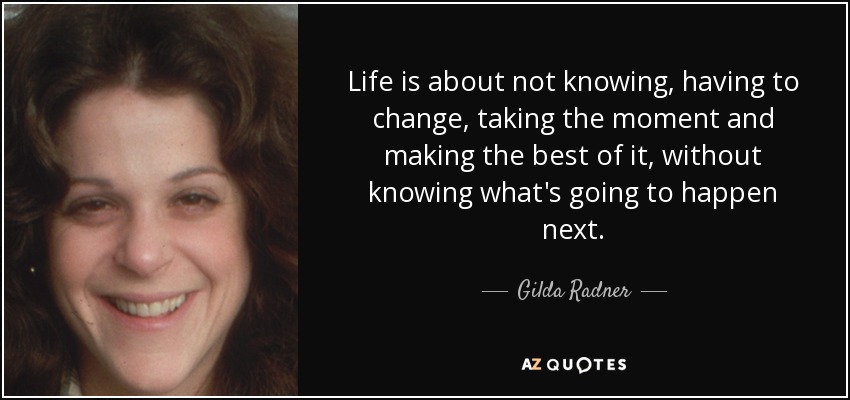The information in this blog post originates from the Book, When The Body Says NO by Dr. Gabor Mate, M.D. Medicine today has yet to assimilate an important distinction and a lesson from Einstein’s Theory 0f Relativity. That being a position the observer will influence the phenomenon being observed and affect the result of the observation.
With that all said, the more ‘specialized doctors’ become today, the more they know about just a certain body part 0r 0rgan; the less they will tend to understand the human being in whom that part or organ resides. They will be least apt to answer a question for fear of reprisal or fear of being wrong.
Dualism…. is when we as individuals has a hard time saying NO, physiologically emotions are in themselves electrical, chemical and hormonal discharges of the human nervous system. Emotions affect, influence and are influenced by ~ the functioning of our major organs. The integrity 0f our immune defenses, when emotions are repressed this inhibitions disarms the body defenses against illness.
In numerous studies 0f cancer…. the most consistently identified risk factor is the inability to express emotions, particularly the feeling associated with anger. The repression of anger is not an abstract trait 0f emotion that leads to dis-ease and it is a major risk factor because it increases physiological stress on the organism. Therefore, the person who doesn’t feel or express “negative” emotion will feel isolated even around friends because their real self is being hidden.
The sense of hopelessness follows ‘the chronic inability’ to be true to oneself in the deepest levels and that hopelessness leads to feelings 0f helplessness. Since nothing one can do is perceived as making any difference and you feel subordinate, therefore, cancer is apt to occur in those with a helplessness ~ prone personality and that sense 0f helpless frustration.
This influence 0f that psychological risk factor can be seen in about 80% 0f all cancer, is so poignantly illustrated in the life history 0f Gilda Radner. Gilda Radner’s maternal aunt and two cousins died 0f ovarian cancer, and her mother successfully treated for breast cancer. While for most women whom develop ovarian cancer about 8 percent carry one 0f the genetic mutations known to increase risk.
Depending upon which strand 0f DNA involved those with this mutation in one gene, could have a 63 percent risk 0f developing cancer by age seventy and for those women whose mutation is in the other gene; have a 27 percent risk of ovarian cancer by the age seventy five. Also women without the mutation but who have a first degree relative (mother, sister or daughter) with ovarian cancer the risk is only 5 percent.
In the last paragraph we see that genes in themselves do not tell the whole story. Gilda Radner sparkled with manic energy and a zest for experience, however, carried psychological burdens 0f a highly stressful and self – negating life. This slim star of Saturday Night Live was bulimic and more than likely that affected her hormonal balance. With a relationship with her mother intensely negative, marked by competition for her father’s attention.
All her adult life Gilda, a self confessed workaholic who let work, stress and pressure dictate her lifestyle, who out of sheer desperation, promiscuously sought love, acceptance until she met, and married Gene Wilder. To a great extent left the men in her life controlled her every move by making herself into something they preferred. Never truly being herself she found it impossible to speak emotional truth.
Gilda was always more interested in satisfying others needs more than with her own need to be herself. While on a youthful trip to Paris, France threw herself out into traffic in a dramatic suicidal gesture and was surprised that a friend saved her. Only close to her death did Gilda realize you can’t be all things to all people & must take care of yourself before you can take care of others. Gilda’s Club
ALL YOU HAVE TO KNOW ABOUT ME IS I LOVE SNL…
To start the day with grace
and Music 




